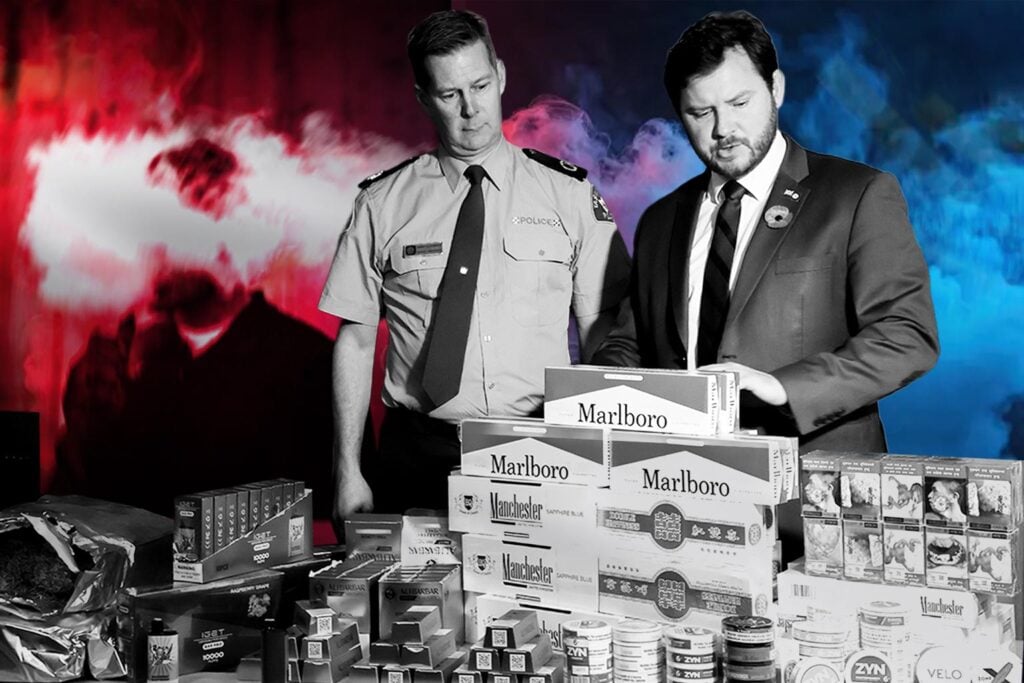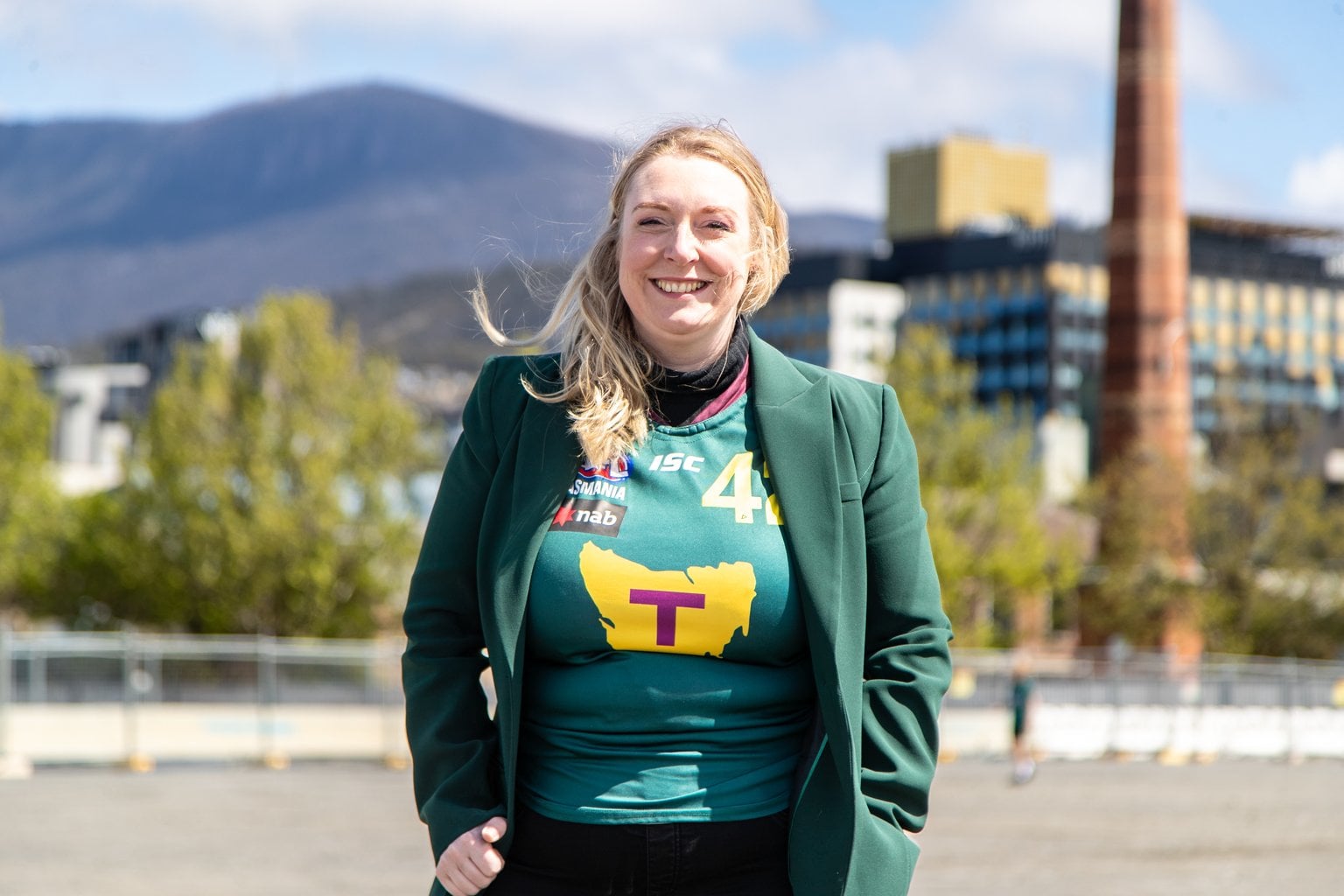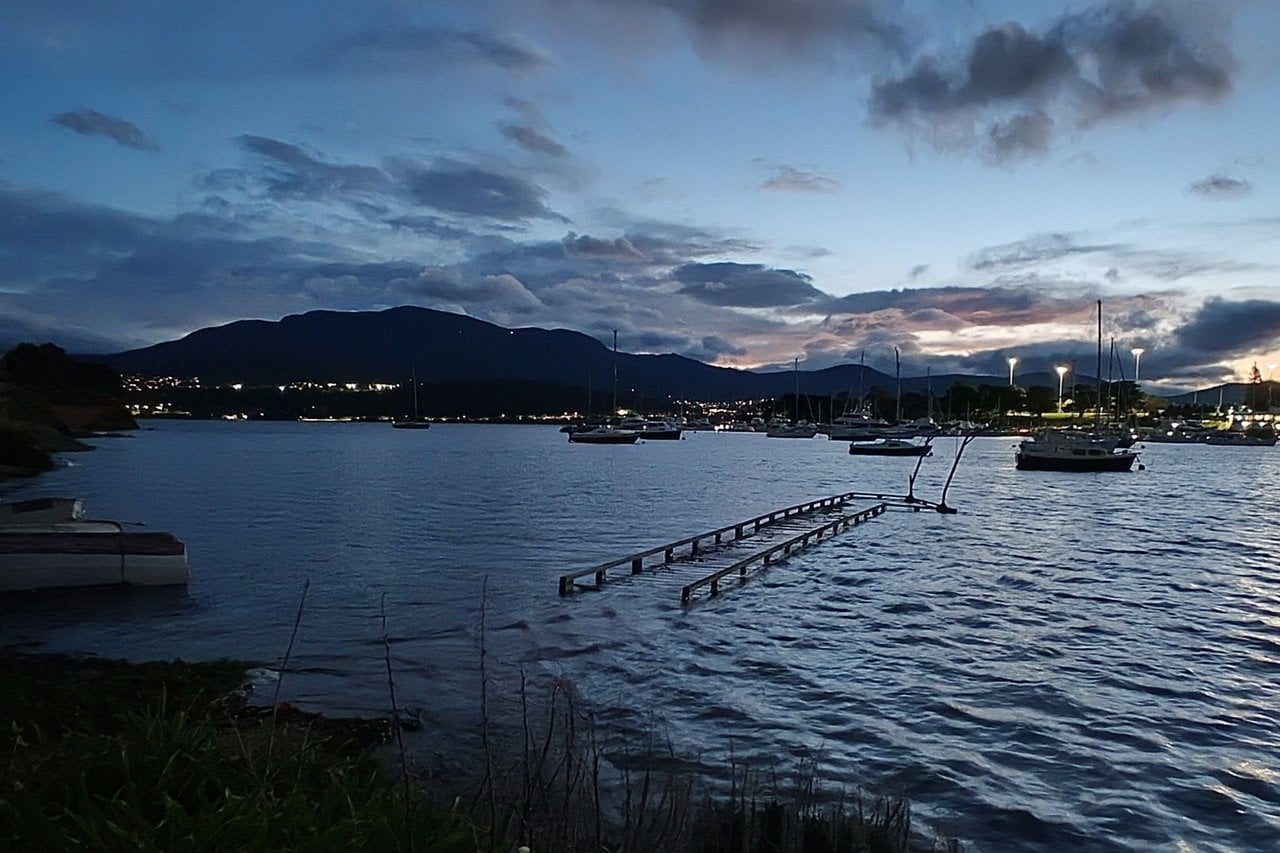Tasmania will introduce new laws targeting the illegal tobacco trade next year, as the island state moves to disrupt what authorities say has become a major revenue stream for organised crime.
Police Minister Felix Ellis said the legislation would significantly increase penalties for trafficking illegal tobacco products and give authorities stronger powers to act against offenders.
Under the proposed laws, inspectors will be able to issue on-the-spot fines to retailers and shut down businesses caught selling illegal products for extended periods.
“We’re seeing organised crime, utilising the cash that comes in from these illegal operations, have significant damaging impacts on communities right around our country,” he said.
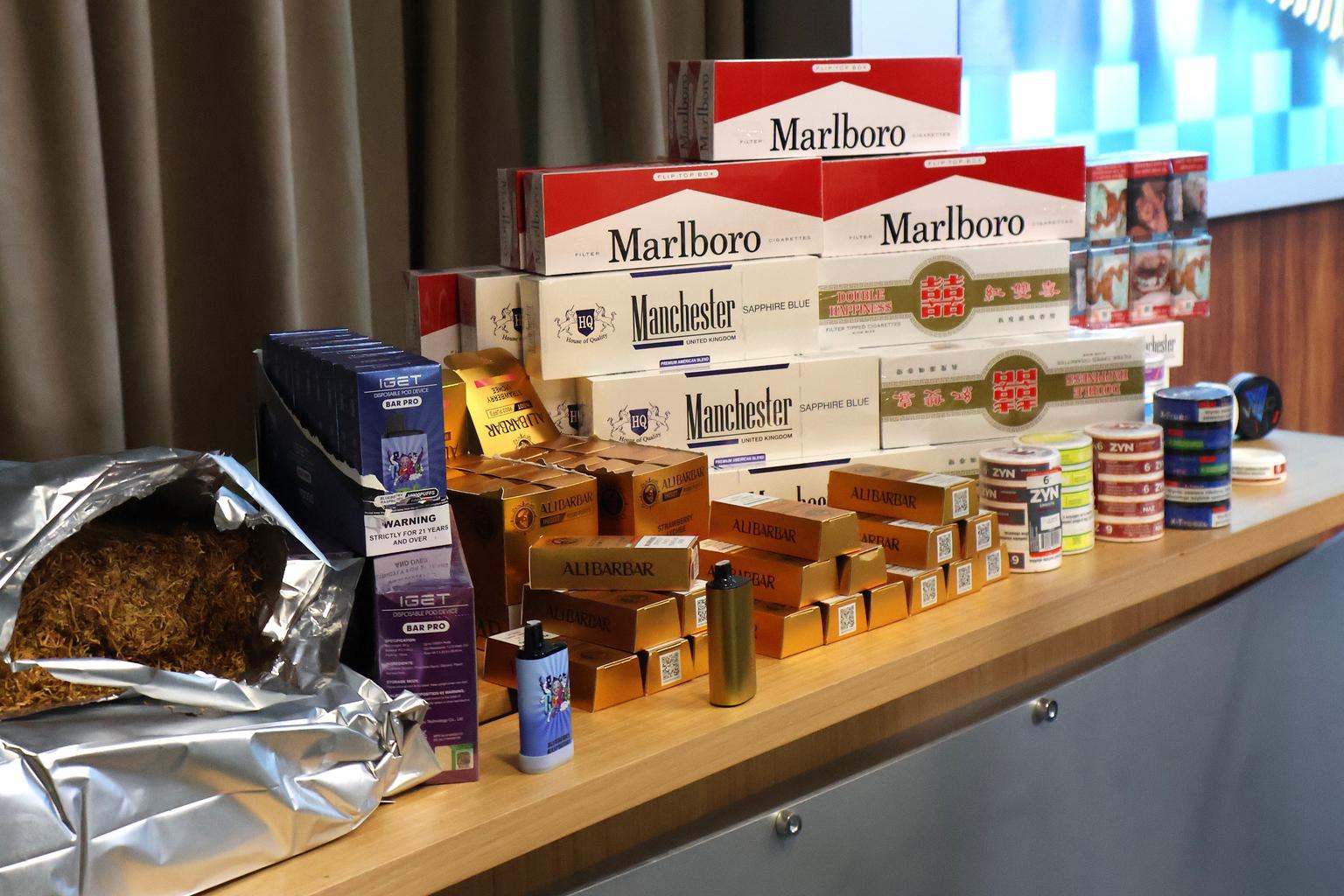
The legislation, expected to be released in the first quarter of 2026, comes amid a sharp rise in illegal tobacco and vape seizures across the state.
Between July and October, joint operations uncovered more than 531,000 cigarettes, 809 kilograms of loose tobacco and nearly 8,000 vapes.
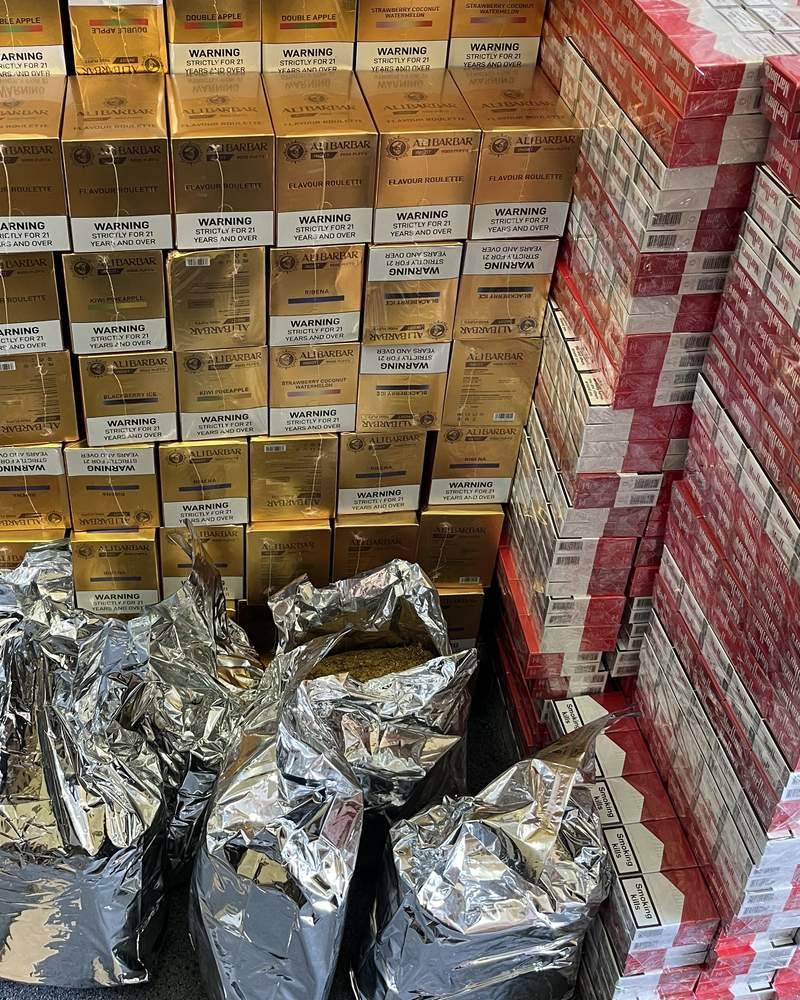
Four major operations have targeted supply and distribution networks in recent months.
Ellis described the illegal tobacco trade as “an enormous public policy disaster” affecting communities nationwide.
Tasmania is particularly vulnerable, recording the second-highest smoking rate in Australia after the Northern Territory.
A new memorandum of understanding between Tasmania Police and the Department of Health will formalise intelligence sharing and joint enforcement efforts – building on what authorities say has already been a successful partnership.
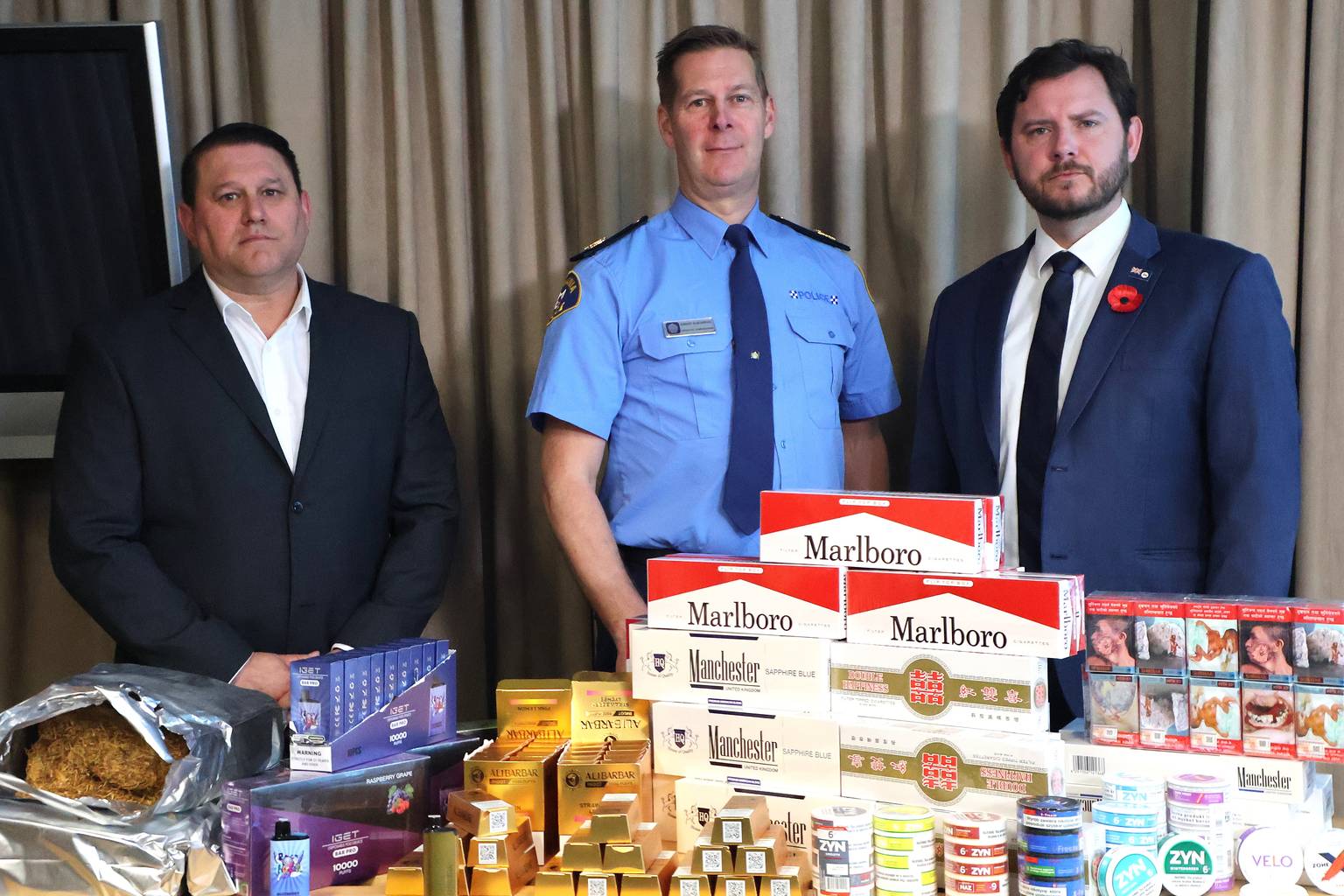
Director of Environment and Health Nick Bunker said the ready availability of cheap, illegal products was undermining public health programs and keeping smokers hooked.
In Tasmania, vapes can only be legally obtained through a pharmacy with a prescription and it is illegal to sell any type of vape to anyone under 18.
“It’s certainly a concern that the increased availability and the lower price point of illicit products leads to people that may have given up continuing to smoke,” he said.
Bunker said unregulated products also posed direct health risks, exposing users to toxic substances and fuelling youth addiction.
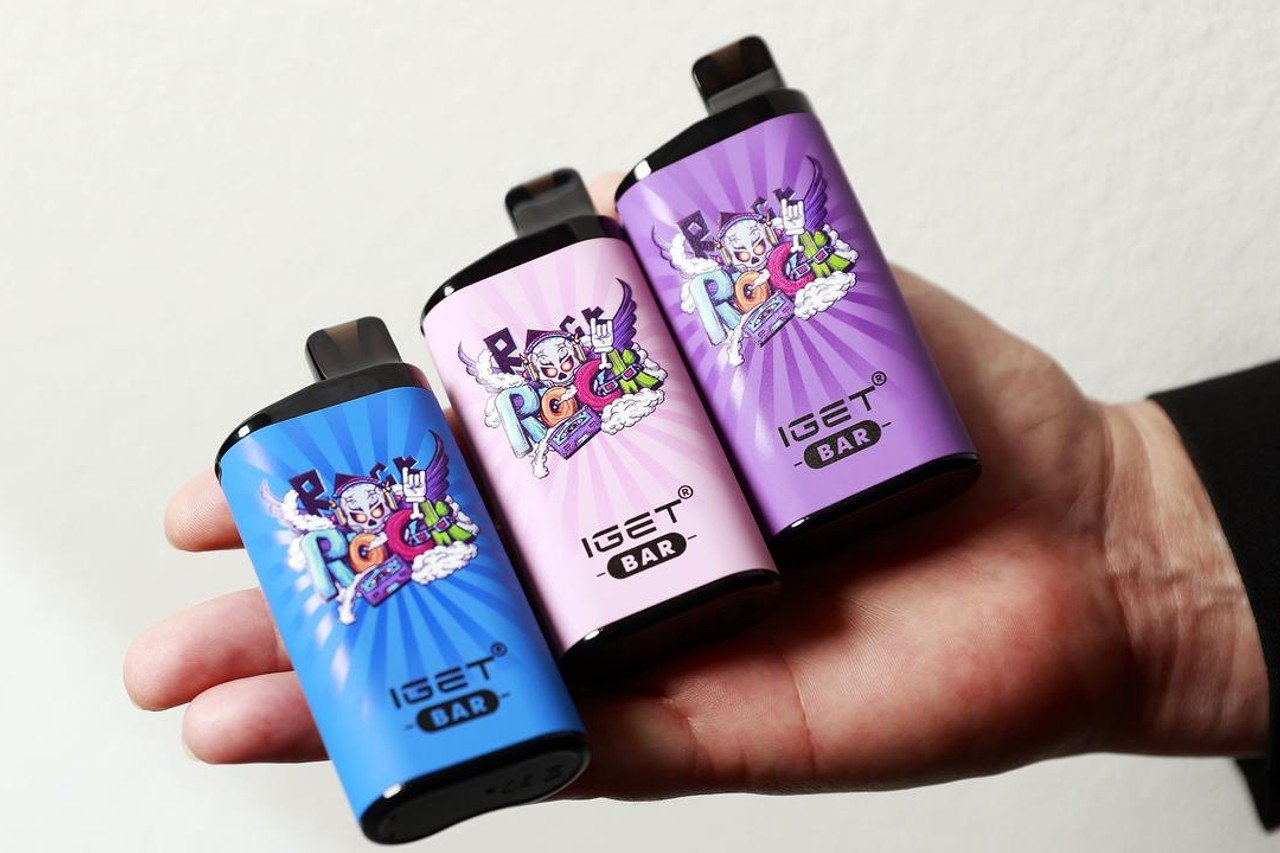
Tasmania’s island geography adds another layer of difficulty, with multiple potential entry points for illegal products.
He said stronger cooperation between police and health enforcement teams would help track and dismantle distribution networks.
“It complements other initiatives such as increased staffing within tobacco control and our legislative uplift,” he said.
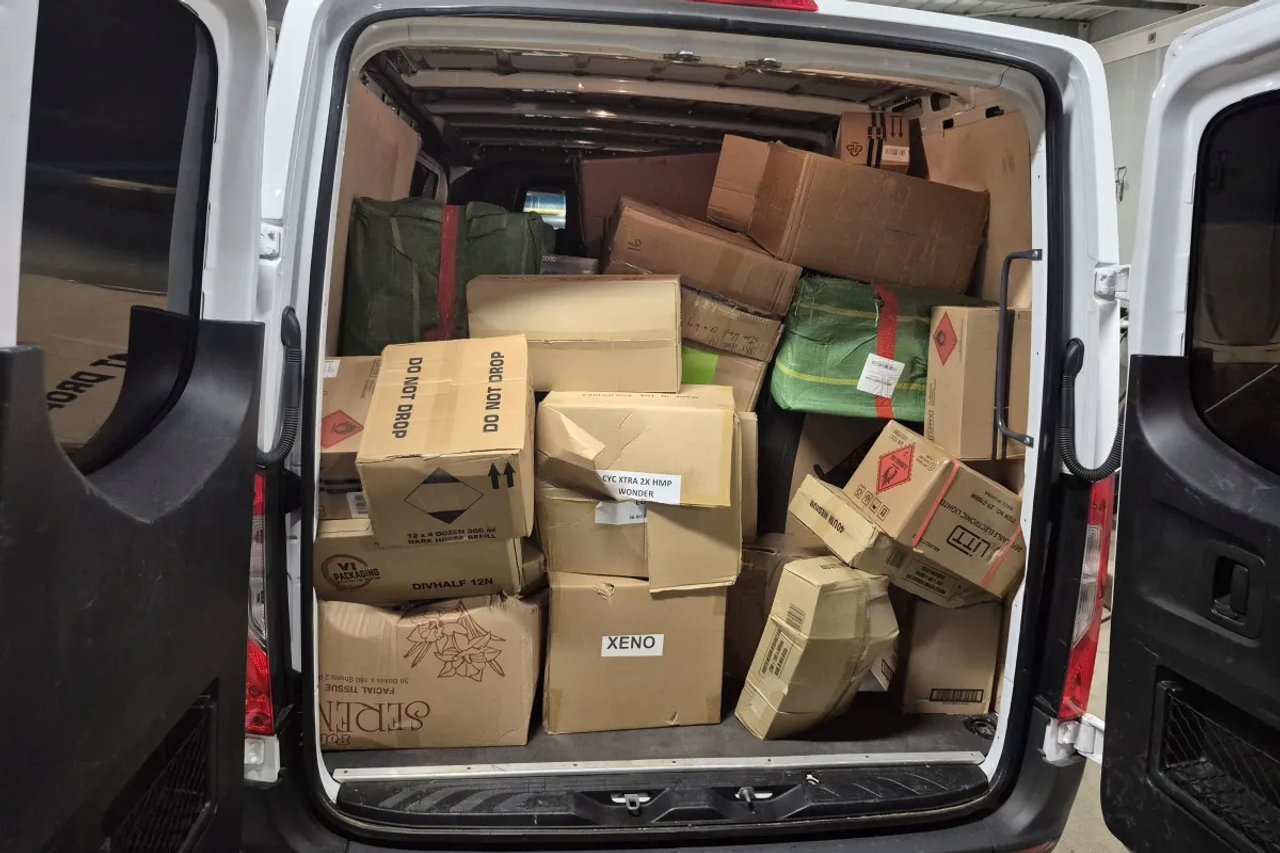
“Together we are sending a clear message that these products have no place in our communities.”
By volume, illegal tobacco remains the dominant issue, though authorities have noted an increasing range of vapes entering the state.

